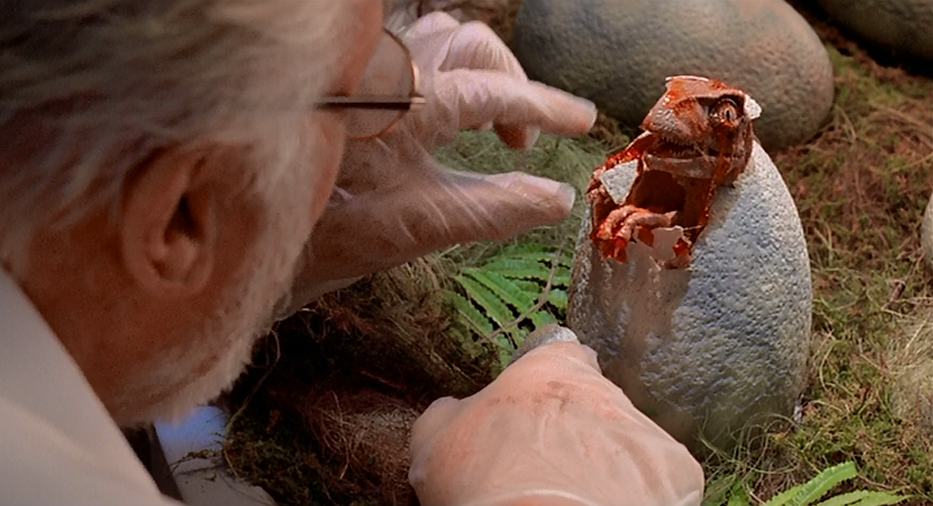No real-life Jurassic Park for you, says science
Sorry to ruin your Friday: scientists bust the hopes and dreams of dinophiles

Sign up for breaking news, reviews, opinion, top tech deals, and more.
You are now subscribed
Your newsletter sign-up was successful
In disappointing news, palaeontologists at the University of Manchester say that the latest research indicates that Jurassic Park could never happen. Sorry to ruin your Friday.
That's the conclusion they came up with after re-analysing samples from a 68 million-year-old Tyrannosaurus rex bone that was found about a decade ago.
The bone caused something of a stir at the time, because the researchers studying it found what they thought were soft tissue and intact proteins within the bones. It was hoped that the DNA within could be used to resurrect the long-extinct lizards.
"The discovery of proteins in dinosaur bones sent a shockwave around the world, both among scientists and the public," says Mike Buckley who led the new research.
"It appeared that fiction was now being converted to fact through the application of new techniques."
Reanalysis
However, the discovery was also controversial for several reasons - most notably that soft tissue should degrade within a million years, even in the best of conditions. In most cases, microbes will eat it in a matter of weeks.
And now, a reanalysis shows that the the data was most likely contaminated. Modern species samples had been handled in the lab, leading to a likely cross-contamination of ostrich proteins. The team hadn't found dinosaur soft tissue - it was probably ostrich instead.
Sign up for breaking news, reviews, opinion, top tech deals, and more.
"Our work set out to identify the collagen fingerprints for both Ostrich and Alligator and was not intending to debunk the previous studies," said Buckley.
"However, we soon realised that our results were pulling the rug from beneath the paradigm that collagen might survive the ravages of deep time."
"It seems that the idiom that exceptional claims require exceptional evidence remains."
The details of the discovery were published in Proceedings of the Royal Society B.
